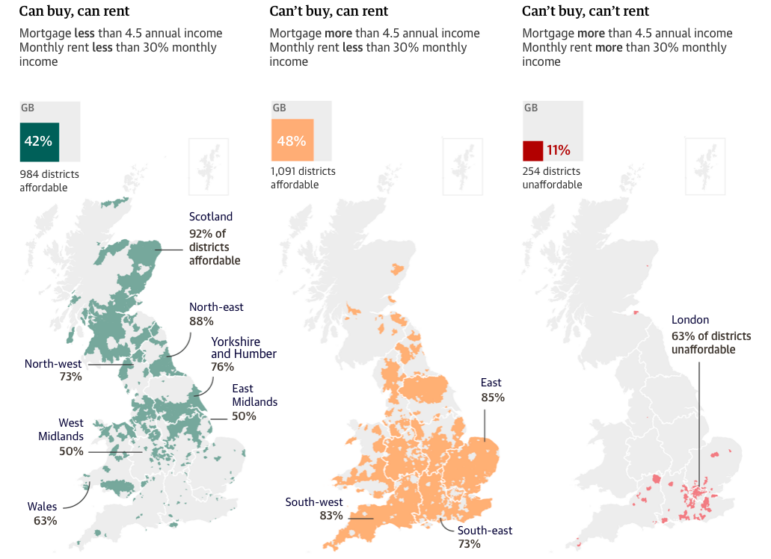

Top Ten #ddj: 2016’s Most Popular Data Journalism Links
<!– Here are the top data journalism tweets for 2016, per our NodeXL mapping: #PanamaPapers (@ICIJorg); #ddj awards (@GENinnovate); China stereotypes (@ForeignPolicy); U.S. poor & shrinking middle class (@NYTimes, @FT); Earth temps (@HomesAtMetacoda); Germany’s greenest cities (@morgenpost); & more.
Here are the top data journalism tweets for 2016, per our NodeXL mapping: #PanamaPapers (@ICIJorg); #ddj awards (@GENinnovate); China stereotypes (@ForeignPolicy); U.S. poor & shrinking middle class (@NYTimes, @FT); Earth temps (@HomesAtMetacoda); Germany’s greenest cities (@morgenpost); & more.
–>








